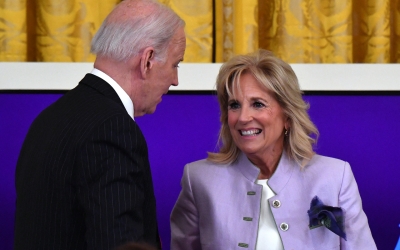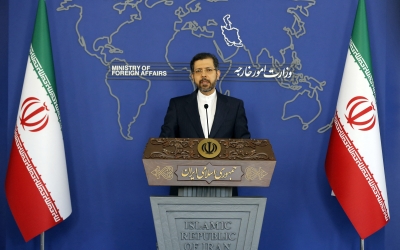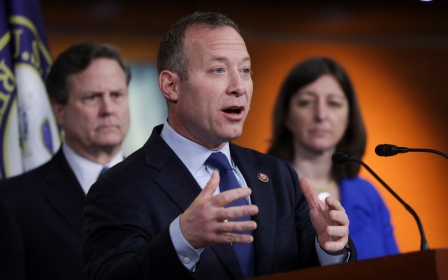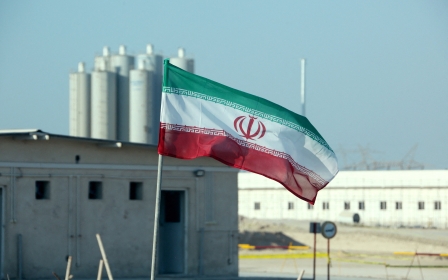US lawmakers call for expedited arms deliveries to Israel, citing Iran nuclear talks
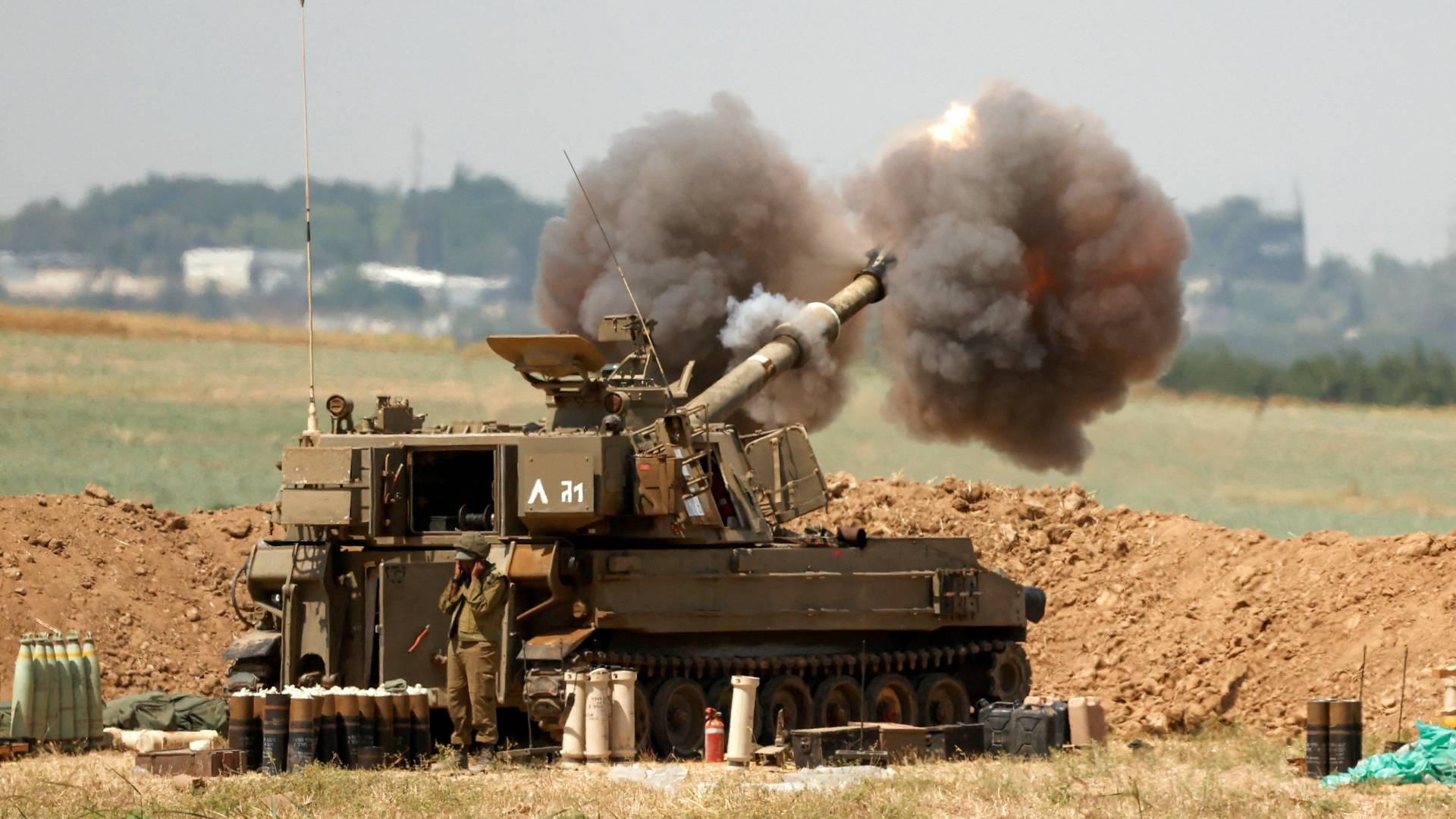
A group of US lawmakers have urged President Joe Biden to accelerate the delivery of refuelling aircraft, fighter jets and military helicopters to Israel in order to "defend itself from Iran".
In a letter dated 7 April, 11 Republican Senators led by Senator Tom Cotton urged the White House to "urgently fulfill America’s obligation to help Israel defend itself by giving it the tools it needs to prevent a nuclear armed Iran."
The senators called on the Biden administration to expedite the delivery of refuelling tankers, F-35 and F-15 fighter jets, and CH-35K helicopters to Israel.
The purchase of refuelling planes, which could support fighter jets in a long-range operation such as one targeting Iran’s nuclear infrastructure, has been a top priority for Israel’s leaders.
In December, Israel signed a $3.1b deal with the US as part of a wider upgrade of its air force capabilities to purchase two Boeing KC-46 refuelling planes and CH-35K heavy transport helicopters.
Israel has said it retains the right to strike Iran at will and frequently targets Iranian assets and proxies in neighbouring Syria. For years, the country has also carried out covert actions to stymie Tehran’s nuclear programme, including the assassination of scientists inside Iran and cyber attacks.
The Biden administration's ongoing efforts to revive the 2015 nuclear deal with Iran have heightened Israel's and the US's Gulf allies' concerns about regional security. They opposed the initial accord and supported the Trump administration’s 2018 decision to unilaterally withdraw from the agreement.
"Your administration appears intent on striking a new nuclear deal with Iran that will provide the regime with a pathway to nuclear weapons," the lawmakers said.
"[A nuclear armed Iran] would put at risk the existence of the state of Israel and the governments of our Arab allies, destroy America’s position in the Middle East and ultimately threaten the US homeland," the letter added.
'Milley wants to keep IRGC terror designation'
A chief concern in Israeli and Arab capitals is that Washington could sign a deal that lifts debilitating sanctions on Iran’s economy without reining in its support for proxies across the region and its ballistic missile development.
One of the most contentious issues of the negotiations in Vienna has been Iran's demand that the US remove the foreign terrorist organisation (FTO) designation on the country's Islamic Revolutionary Guard Corps (IRGC).
The US has accused the IRGC of killing hundreds of American soldiers in Iraq, with its elite Quds Force reportedly providing military support for proxy forces throughout the region, including pro-Iranian groups in Syria and Lebanon.
The Trump administration placed the group on the counterterror sanctions list in 2017.
The Biden administration has pushed back on talk it plans to lift sanctions on the Revolutionary Guard, and the issue has roused strong opposition in the Middle East and Washington.
On Thursday, the top US general came out against removing Iran's Quds Force, an arm of the IRGC, from a list of foreign terrorist organisations.
"I believe the IRGC Quds Force to be a terrorist organization and I do not support them being delisted," General Mark Milley, chairman of the Joint Chiefs of Staff, told the Senate Armed Services Committee.
A group of Congressional Democrats also cited the lifting of sanctions on the Guards as one of their chief concerns about the current US negotiating position at the Vienna talks in a press conference on Wednesday.
Middle East Eye delivers independent and unrivalled coverage and analysis of the Middle East, North Africa and beyond. To learn more about republishing this content and the associated fees, please fill out this form. More about MEE can be found here.


